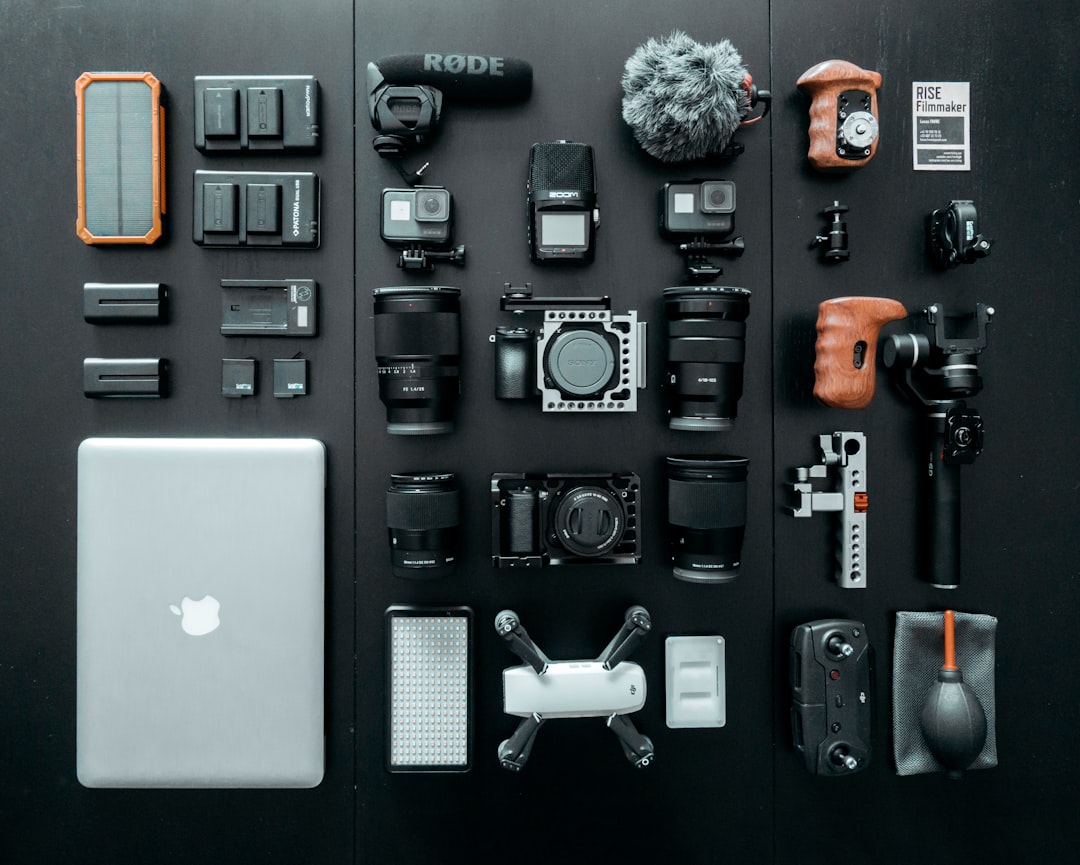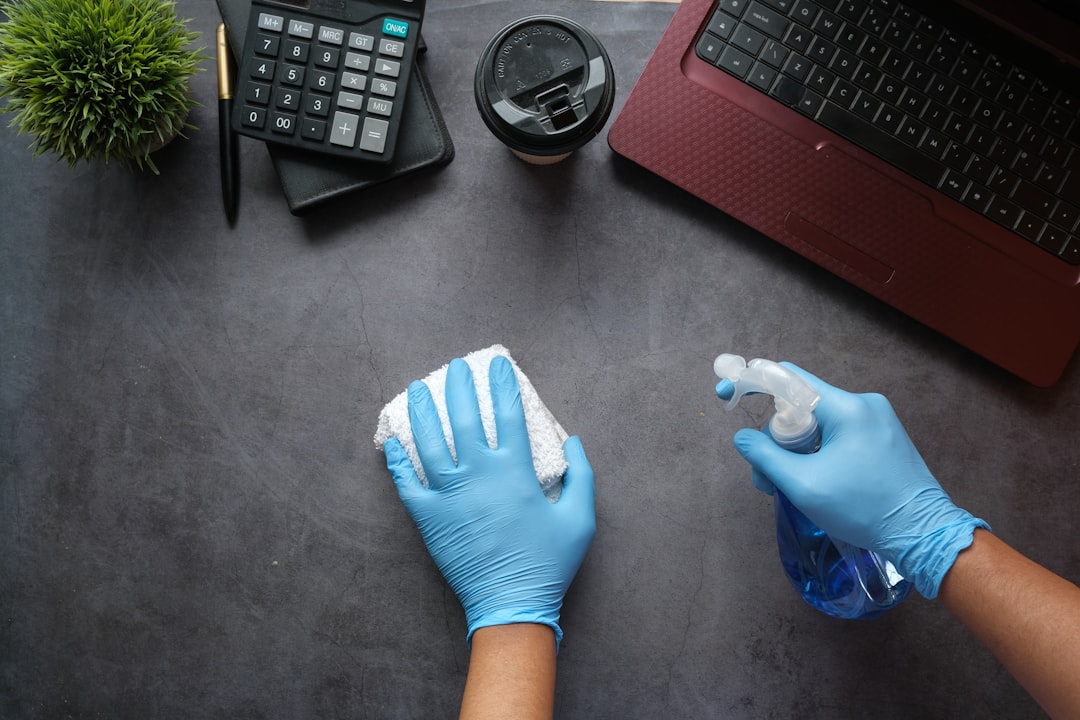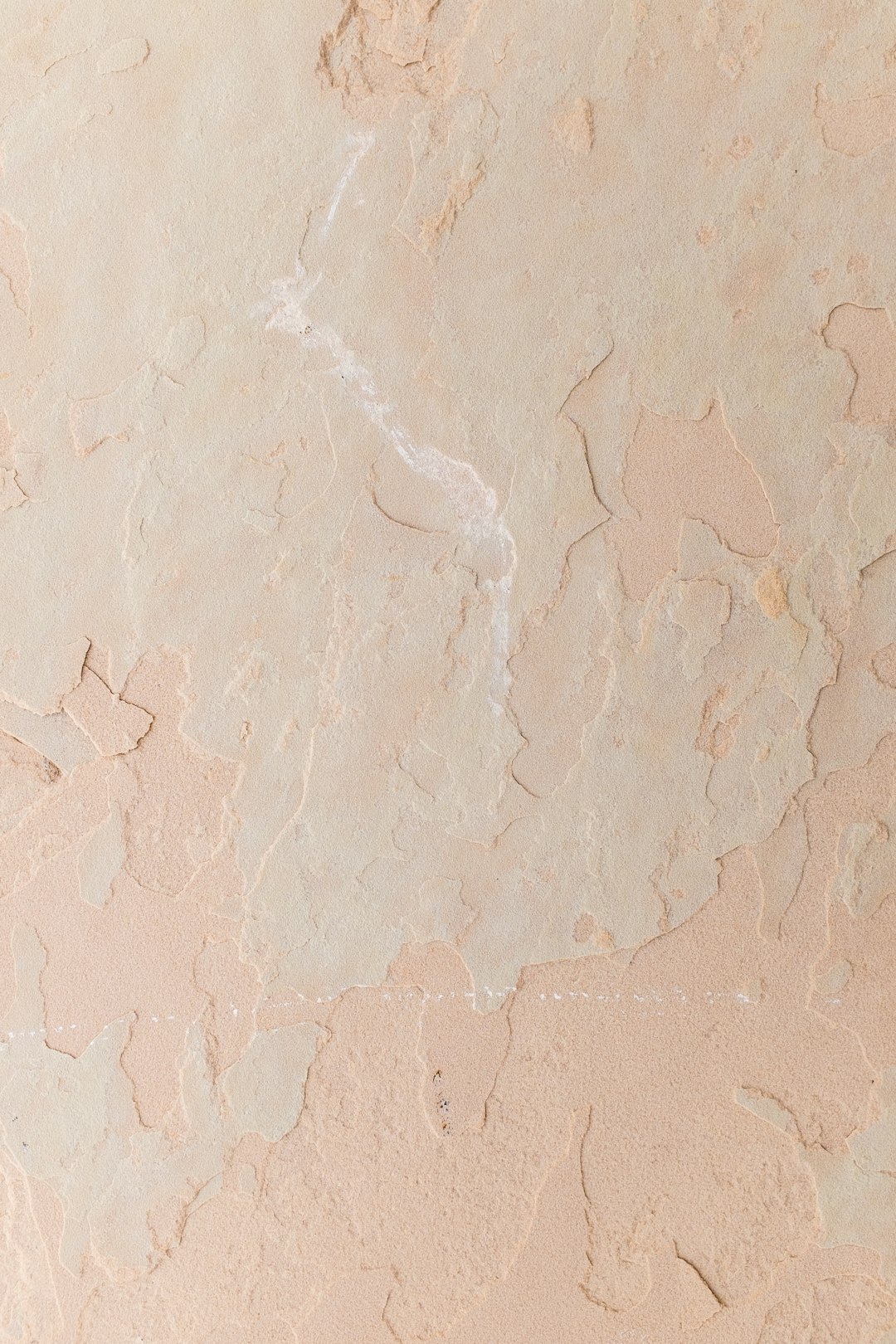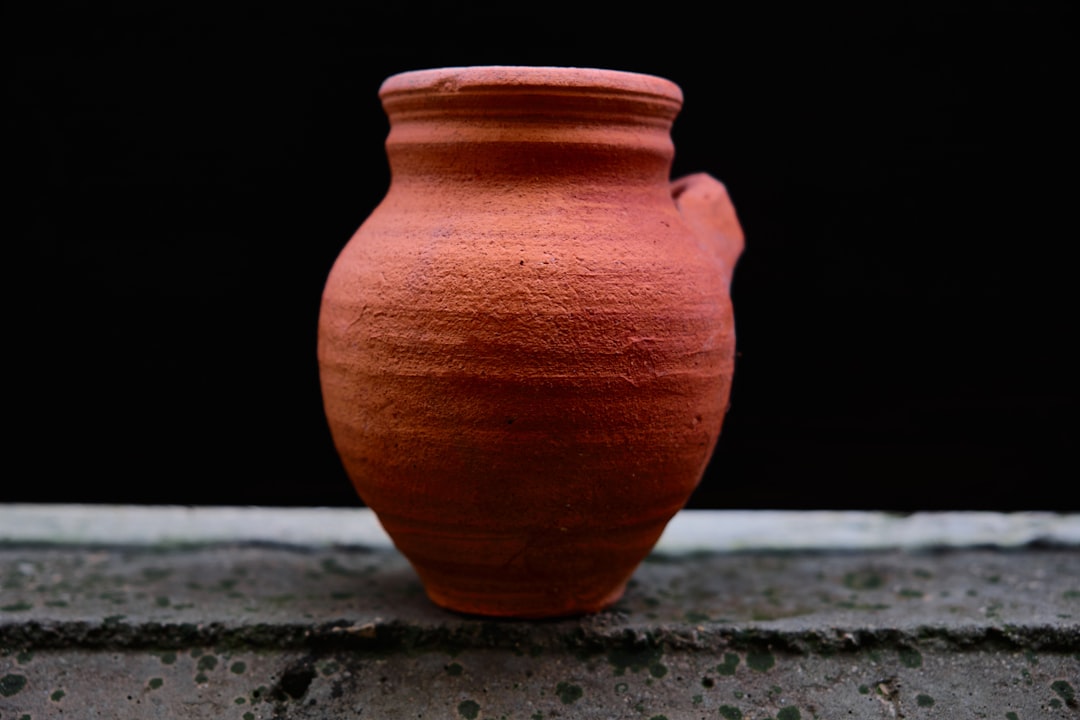Asthma is a respiratory disease that is growing in its proliferation in the US population. It was 1 in 14 individuals that suffered from asthma in 2007. Only two years later that statistic had grown to 1 in 12. That’s about 8% of the population. Clean air especially, inside air is essential when a member of your household or office staff suffers severely from asthma. An air purifier with Hepa filter is one way to lessen or eliminate instances of attacks. Last year more than half of the asthma sufferers experienced an attack.
Substances Air Filters Easily Remove
Cigarette smoke, allergens, dust mites, pet dander, mold, and fragrance droplets floating in the air can trigger an asthma attack. An air purifier with a Hepa filter can effectively clean the air of all these elements making it safe for anyone to breathe.
How Does an Air Purifier Work?
Air purifiers pull air along with the contaminants floating in the air into their sanitizing mechanisms. Often the elements are captured in the filter or filters inside the purifier. A Hepa Filter offers additional protection because it can remove 95.95% to 99.97% of all elements in the air. These systems usually have a pre-filter of activated carbon that traps dust, hair, and pollen. A second-stage filter captures the finer particles. These purifiers are rated by US standards as ASME (American Society of Mechanical Engineers) or U.S. D.O.E. (Department of Energy) or European Standards.
Air Purifiers and Covid-19
Because indoor air is twice to five times more polluted than outdoor air, air purifiers can alleviate much indoor pollution. It cannot eliminate bacteria and viruses, but a good air purifier will reduce the levels of contagion in the air. Still, it will not remove coronavirus from the air completely, so maintain your standard protection protocols, masks, and social distancing in addition to using your air purifier.
A Hepa Filter Lifespan
Depending on the usage of the air purifier with Hepa filter, a Hepa filter should last one to two years. It should be checked every six months to see how dirty it is and if needed, change it. With average use and environments, it should last up to two years. People with large households, very asthmatic family member and/or numerous pets, dogs, cats, pet mice, etc. should consider changing Hepa filters more than once a year.
Air purifiers can rid your home of natural and chemical pollutants. They can also make the air much more pleasant and healthier to breathe. Certainly, if you live with an asthmatic, you know clean air is a matter of life and death.













